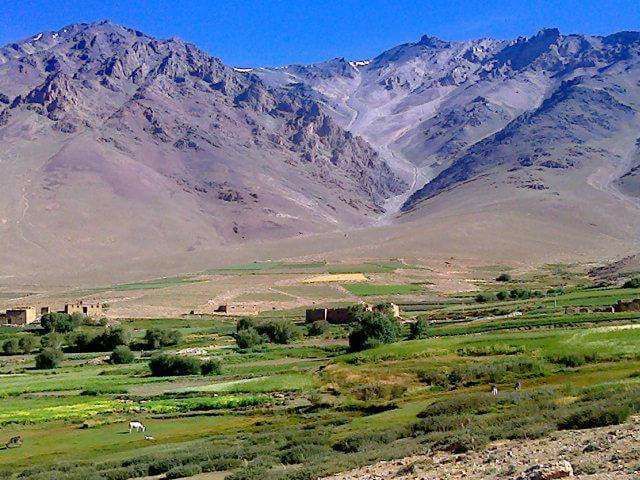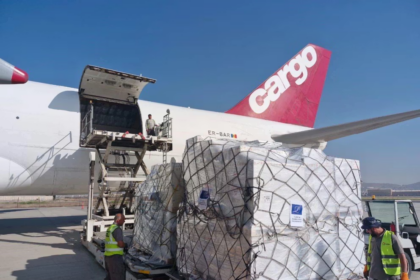RASC News Agency: Kochis have beaten up at least five native residents of the district in “second area of Behsud” district of Maidan Wardak province.
One of those who were beaten up, told the media that last week when he and 15 other farmers were busy cleaning the mill, “about 60 Kochi men and women” attacked them.
The man said that the Kochis attacked after the residents of “Tagab Ramoz” area drove their cattle and herds from their fields. This attack took place on Monday last week.
The man added that some farmers managed to escape, but he and four others were arrested and beaten by the Kochis.
The farmer added that he was beaten the most, to the point where he could not walk.
In the tape, the image of this man that reached the “Etilaatroz” media shows that his back is bruised.
The farmer added that the Kochis men would have killed him if an elder of Kochi had not intervened.
The Hazara man who was beaten by the Kochis says that the Kochis were armed and besides shooting, they threw stones at the Hazara farmers.
According to him, during this clash, a Kochi man was injured in the head by a stone by the Kochis themselves; but the Kochis have taken “retribution” for the wounding of this man from the local residents.
The farmer said that the Kochis received 60,000 Kabuli/Afghani as ransom and some money for the treatment of the injured Kochi man.
According to the source, after this incident, the Kochis filed a petition against the residents of the area and the Taliban group arrested a number of residents and imprisoned them for several days.
A man, who was injured due to the beating of the Kochis, came to Kabul for treatment and is currently hospitalized.
This man says that Maidan Wardak hospital did not accept him because he was from the Hazara tribe and he had to come to Kabul.
He says that the doctors of Maidan Wardak Hospital were Pashtuns and told him “you both injure us and come for treatment!”
The tension and conflict between the Kochis in Behsud of Maidan Wardak province and other parts of the country is not uncommon.






